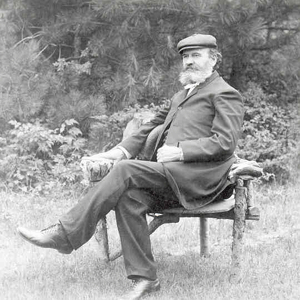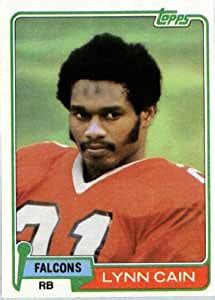A Quote by Pierre Teilhard de Chardin
Death surrenders us totally to God: it makes us enter into him; we must, in return, surrender ourselves to death with absolute love and self-abandonment since, when death comes, all we can do is to surrender ourselves completely to the domination and guidance of God.
Related Quotes
There are two kinds of death, the death which is inevitable and common to all beings, and the death which is voluntary and particular to certain ones of them only. It is the second death which is prescribed for us in the words of the Messenger of Allah: "Die before you die." The resurrection is accomplished for him who dies this voluntary death. His affairs return to God and they are but one. He has returned to God and he sees Him through Him. As the Prophet said - on him be Grace and Peace!
God’s love sets us free from the need to seek approval. Knowing that we are loved by God, accepted by God, approved by God, and that we are new creations in Christ empowers us to reject self-rejection and embrace a healthy self-love. Being secure in God’s love for us, our love for Him, and our love for ourselves, prepares us to fulfill the second greatest commandment: To love our neighbor as ourselves.
God is dead. God remains dead. And we have killed him. How shall we comfort ourselves, the murderers of all murderers? What was holiest and mightiest of all that the world has yet owned has bled to death under our knives: who will wipe this blood off us? What water is there for us to clean ourselves? What festivals of atonement, what sacred games shall we have to invent? Is not the greatness of this deed too great for us? Must we ourselves not become gods simply to appear worthy of it?
God never forces a person's will into surrender, and He never begs. He patiently waits until that person willingly yields to Him. True surrender is a matter of being 'united together [with Jesus] in the likeness of His death' (Romans 6:5) until nothing ever appeals to you that did not appeal to Him. And after you surrender--then what? Your entire life should be characterized by an eagerness to maintain unbroken fellowship and oneness with God.
Death is not something to be feared, but rather anticipated. Of course, we are not to precipitate it ourselves, as suicide is surrender and defeat of the worst kind. But if each of us can have the patience to wait and die in God's time, when His time has come for us, that's the day we're going to be the most thankful. We're going to arrive in our heavenly home and see that it was really worth it all!
God is dead. God remains dead. And we have killed him. Yet his shadow still looms. How shall we comfort ourselves, the murderers of all murderers? What was holiest and mightiest of all that the world has yet owned has bled to death under our knives; who will wipe this blood off us? What water is there for us to clean ourselves?
Of course, none of this can happen for us until we give our lives back to God. We cannot know the joy or the life or the freedom of heart I've described until we surrender our lives to Jesus and surrender them totally... We turn, and give ourselves body, soul, and spirit back to God, asking him to cleanse our hearts and make them new. And he does. He gives us a new heart. And he comes to dwell there, in our hearts.
The 'I' casts off the illusion of the 'I' and yet remains 'I'. Such is the paradox of Self-realization. The Realized do not see any paradox in it. Consider the case of the worshipper. He approaches God and prays to be absorbed in Him. He then surrenders himself in faith and by concentration. And what remains afterwards? In the place of the original 'I', self-surrender leaves a residuum of God in which the 'I' is lost. That is the highest form of devotion or surrender and the peak of detachment.
If the book we are reading does not wake us, as with a fist hammering on our skull, why then do we read? So that it shall make us happy? Good God, we should also be happy if we had no books, and such books as make us happy we could, if need be, write ourselves. But what we must have are those books which come upon us like ill fortune, and distress us deeply, like the death of one we love better than ourselves; like suicide. A book must be an ice-axe to break the sea frozen inside us.
The woe of mortality makes humans God-like. It is because we know that we must die that we are so busy making life. It is because we are aware of mortality that we preserve the past and create the future. Mortality is ours without asking--but immortality is something we must build ourselves. Immortality is not a mere absence of death; it is defiance and denial of death. It is 'meaningful' only because there is death, that implacable reality which is to be defied.







































